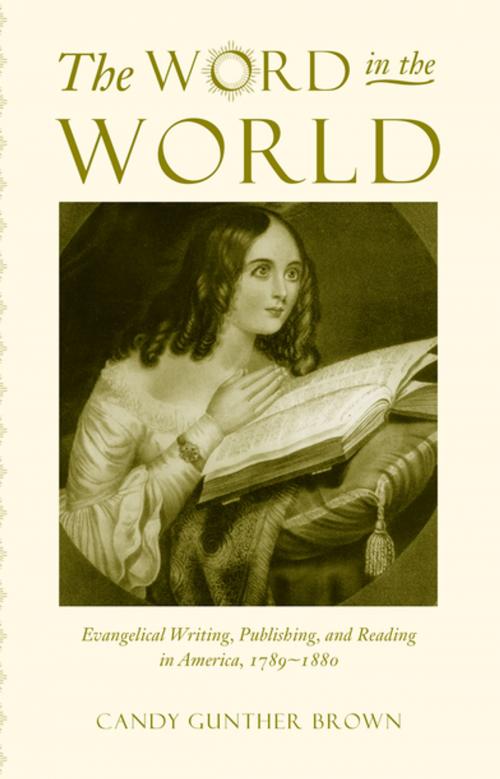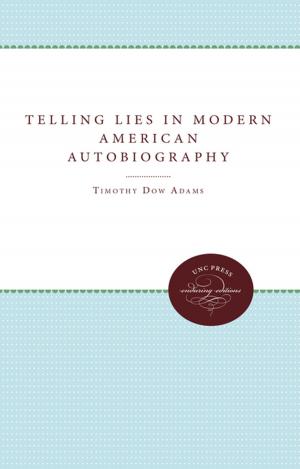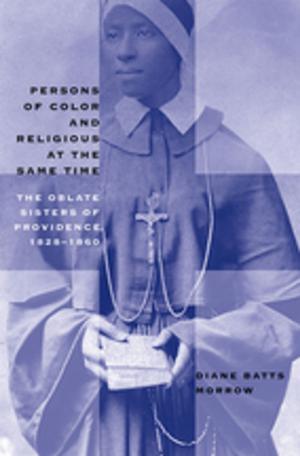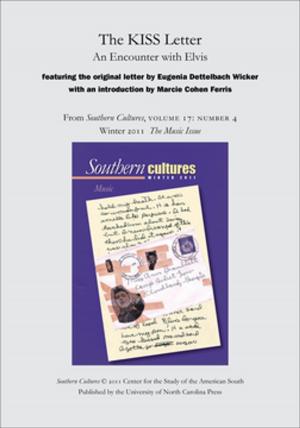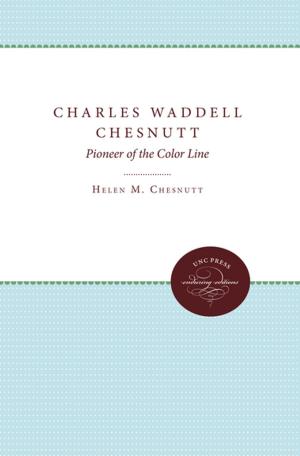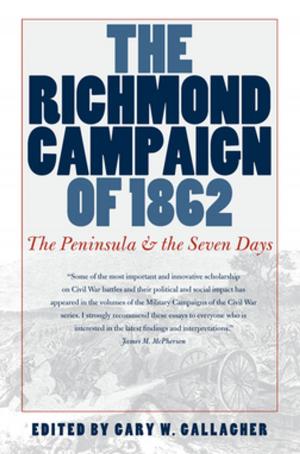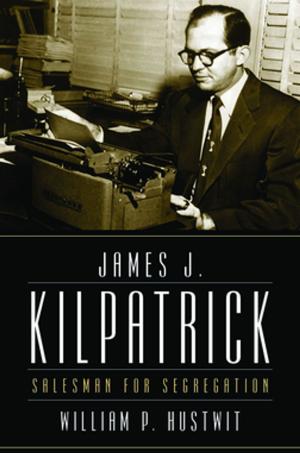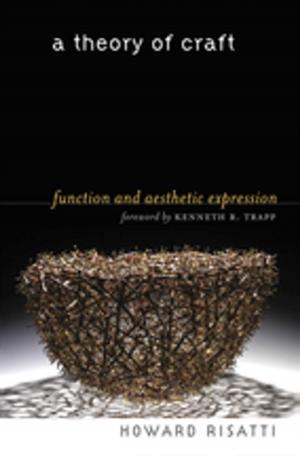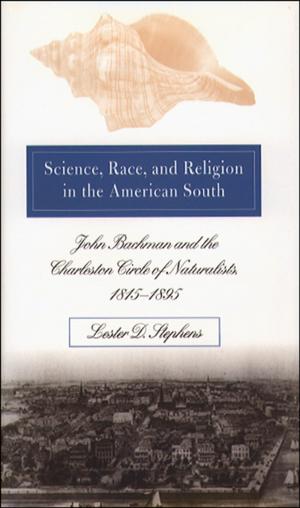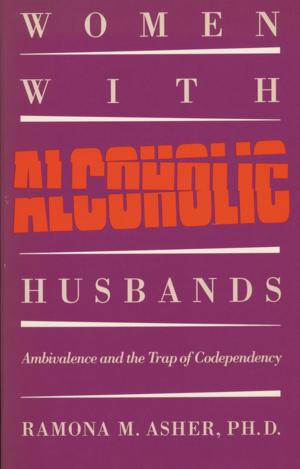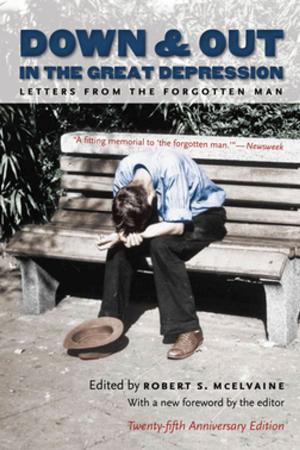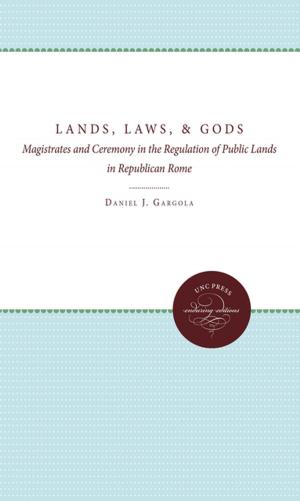The Word in the World
Evangelical Writing, Publishing, and Reading in America, 1789-1880
Nonfiction, Religion & Spirituality, Christianity, Christian Literature, Evangelism, Church, Church History| Author: | Candy Gunther Brown | ISBN: | 9780807863336 |
| Publisher: | The University of North Carolina Press | Publication: | December 15, 2005 |
| Imprint: | The University of North Carolina Press | Language: | English |
| Author: | Candy Gunther Brown |
| ISBN: | 9780807863336 |
| Publisher: | The University of North Carolina Press |
| Publication: | December 15, 2005 |
| Imprint: | The University of North Carolina Press |
| Language: | English |
The recent success of the Left Behind book series, which sold over 50 million books, points to an enormous readership of evangelical Christian literature that has not gone unnoticed by the mainstream publishing world. But this is not a recent phenomenon; the evangelical publishing community has been growing for more than two hundred years. Candy Gunther Brown explores the roots of this far-flung conglomeration of writers, publishers, and readers, from the founding of the Methodist Book Concern in 1789 to the 1880 publication of the runaway best-seller Ben-Hur. Brown shows how this distinct print community used the Word of the Bible and printed words of their own to pursue a paradoxical mission: purity from and a transformative presence in the secular world.
Although scholars usually claim that religious publishing fell prey to the secularizing engines of commodification, Brown argues that evangelicals knew what they were doing by adopting a range of strategies, including the use of popular narratives and beautiful packaging. An informal canon of texts emerged in the nineteenth century, consisting of sermons, histories, memoirs, novels, gift books, Sunday school libraries, periodicals, and hymnals.
Looking beyond the uses of texts in religious conversion, Brown examines how textual practices have transmitted cultural values both within evangelical communities and across a larger American cultural milieu. An epilogue conveys crucial insights into twenty-first-century ties between religion and the media.
The recent success of the Left Behind book series, which sold over 50 million books, points to an enormous readership of evangelical Christian literature that has not gone unnoticed by the mainstream publishing world. But this is not a recent phenomenon; the evangelical publishing community has been growing for more than two hundred years. Candy Gunther Brown explores the roots of this far-flung conglomeration of writers, publishers, and readers, from the founding of the Methodist Book Concern in 1789 to the 1880 publication of the runaway best-seller Ben-Hur. Brown shows how this distinct print community used the Word of the Bible and printed words of their own to pursue a paradoxical mission: purity from and a transformative presence in the secular world.
Although scholars usually claim that religious publishing fell prey to the secularizing engines of commodification, Brown argues that evangelicals knew what they were doing by adopting a range of strategies, including the use of popular narratives and beautiful packaging. An informal canon of texts emerged in the nineteenth century, consisting of sermons, histories, memoirs, novels, gift books, Sunday school libraries, periodicals, and hymnals.
Looking beyond the uses of texts in religious conversion, Brown examines how textual practices have transmitted cultural values both within evangelical communities and across a larger American cultural milieu. An epilogue conveys crucial insights into twenty-first-century ties between religion and the media.
